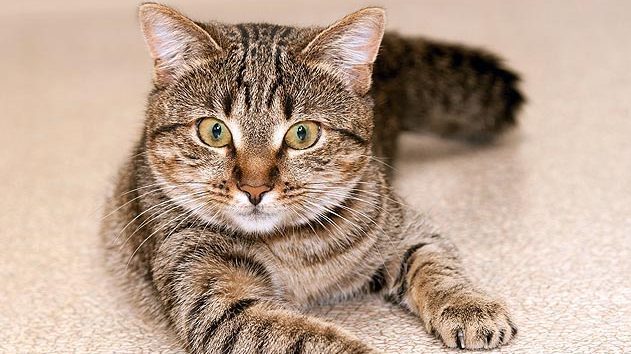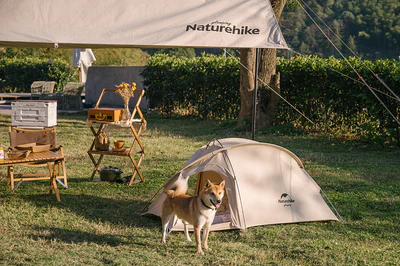


Australians have one of the highest rates of pet ownership in the world and according to the Australian Companion Animal Council that includes approximately two and a half million cats. Our feline friends can amuse, entertain and relax us and soon become an integral part of the household. To ensure that they remain a part of our lives for a long time, it′s important to keep them in good condition.
Nutrition:
Kittens and cats should be fed a combination of both a high quality commercial food and natural foods to ensure a “balanced” diet is provided. Natural foods include raw meat, raw meaty bones and vegetables. Raw food offered to cats should always be fresh. Ensure that your kitten always has an adequate supply of fresh, clean water.
Bedding:
Although your kitten may want to share your bed it is important to provide her with a warm, dry bed of her own. Use bedding that can be easily cleaned and dried and place her bed somewhere warm and private.
Grooming:
Regular grooming is essential, particularly for long-haired cats. Start grooming your cat early on so that it becomes an enjoyable bonding activity and part of her routine care. Grooming removes dust, dead skin, loose hairs, grass seeds and tangles and reduces the amount of fur shed during the moulting season in autumn and spring.
Play and training:
Play time is important for bonding between you and your cat. Kittens are very playful and curious and love to develop their instinctive hunting behaviour by chasing toys. Play time is a good opportunity for you to teach your kitten good manners. Occasionally hunting games turn into play aggression – make sure that the fun ends if her claws come out. Never punish your kitten physically as she is unlikely to associate your punishment with her mistake. If she does something naughty, such as sharpen her claws on the furniture, give her a gently spray with a water pistol. It is important that your cat doesn’t turn her hunting skills on the local wildlife. Play bells on your cat′s collar and keep her in at night to make sure that the native birds, reptiles and marsupials are safe.
Health care:
Your cat will require annual visits to the vet for vaccinations, boosters and general health checks. Ask your vet about flea, tick and worm prevention. Some commonly found plants, such as lilies, are toxic to cats and it is important that you familiarise yourself with these and remove them from your garden and house. Your cat should be desexed before he or she reaches sexually maturity as this will prevent the birth of unexpected, unwanted litters and prevent health conditions, such as mammary cancers and prostatic enlargement, later in life.
Another important consideration is pet insurance. The cost of illness or injury of your beloved cat can easily reach four figures and pet insurance can be a way to provide peace of mind that you could afford the costs involved.




